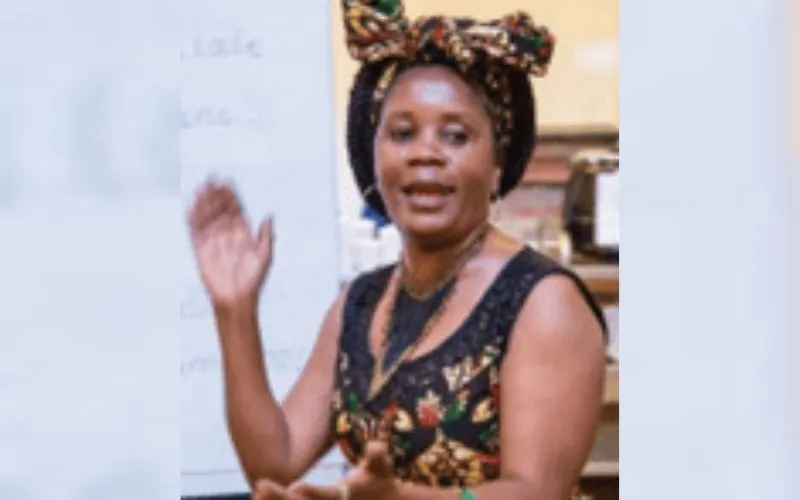Nairobi, 20 June, 2024 / 10:37 pm (ACI Africa).
At the core of the Synod on Synodality conversations in Africa is the African way of living that includes the wisdom and traditions elders on the continent dispense, an official at the Pan-African Catholic Theology and Pastoral Network (PACTPAN) has said.
According to the Head of Research at PACTPAN’s unit on ‘The Church as the Family of God’, Dr. Sylvia Ruambo, preserving African traditions can help enrich the Synodal process.
“We are all aware of the significant role of elders in African families who are seen as custodians of wisdom and tradition,” Dr. Ruambo said during the June 14 online conversation that African theologians and experts, who seek to deepen the understanding of the Synthesis Report of the 4-29 October 2023 session of the Synod organized.
She added, “Respect of elders and preservation of tradition can enrich the Synodal process by ensuring that the wisdom of past generations is integrated into the Church mission and decision-making processes.”
Participants at the June 14 virtual conversation that PACTPAN organized in collaboration with the Conference of Major Superiors of Africa and Madagascar (COMSAM) explored the topic, “The Synodal Missionary Face of the Church Family of God in Africa”.








